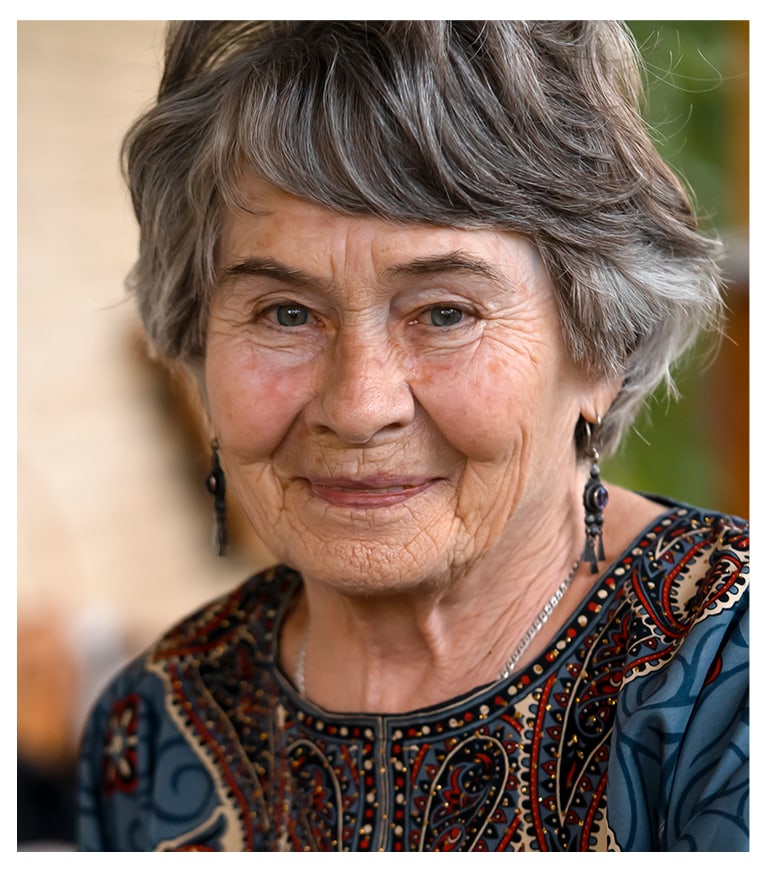Caring for a loved one with dementia—it’s a rewarding experience. However, for caregivers, learning more about this condition is extremely helpful. Dementia is complex and there are plenty of misconceptions about it. But with clarity and knowledge, you can make an informed decision about your loved one’s care.
Dementia is a group of complicated systems caused by damaged brain cells. These are caused by genetics, age-related changes, lifestyle, and more. Dementia is treatable through memory care, a specialized type of senior living in a structured environment.
What Is Dementia?
Dementia is not a single disease. The term “dementia” refers to a group of symptoms that affect cognition, memory, and more. These symptoms typically begin slowly and worsen over time as the brain cells are damaged further.
These symptoms develop when other diseases damage cells throughout the brain. As these diseases progress, the symptoms of dementia worsen.
Some common types and causes of dementia include:
- Alzheimer’s disease, which accounts for more than 70% of all diagnosed cases
- Vascular dementia, caused by restricted blood flow to the brain
- Dementia with Lewy bodies, caused by unnatural protein buildups in the brain
- Mixed dementia, where several conditions appear at once
Each of these damages the brain differently but have the same results. Eventually, they may reach a point where a person needs around-the-clock professional care.
Does Dementia Affect Memory?
When thinking about dementia, most people imagine memory loss. While this is common, dementia covers a broader range of symptoms. Some signs include:
- Difficulty communicating or finding words
- Challenges with visual and spatial abilities
- Impaired reasoning and judgment
- Difficulty handling complex tasks
- Confusion and disorientation
- Changes in behavior and personality
These are easy to mistake for simple age-related changes. However, dementia symptoms worsen over time. They interfere with daily tasks and can become problematic if left unmanaged.
Is Dementia a Normal Part of Aging?
Age often poses unique changes in people. The brain is no exception—many people experience mild forgetfulness or confusion from time to time. However, though dementia often appears the same in earlier stages, it isn’t a normal part of aging.
If you’ve noticed a loved one is showing signs of confusion or forgetfulness to the point it impairs their everyday life, visit a healthcare professional. This is unusual and could be a sign of an underlying problem.
If left untreated, dementia often worsens. An early diagnosis is key to getting your loved one professional support.
Is Dementia Treatable?
While there is no cure for dementia, it is treatable. Lifestyles like memory care—a special form of long-term support—can help people living with dementia.
This approach to treatment is about making a difference in a way that preserves your loved one’s dignity. Here at The Terrace, our Lilac Trace Memory Care lifestyle gives your loved one access to:
- A team of caregivers with extensive training in supporting older adults facing cognitive challenges
- A structured environment designed to offer a safe and supported approach to wellness
- Custom, personalized treatment plans designed to meet their unique needs
- Engaging experiences and therapy programs to make every day enriching
It’s a tailored lifestyle that brings dignity and respect to every moment. No matter where your loved one is in their journey, our team is there to help.
Is Dementia Genetic?
Dementia is extremely complicated, and it isn’t caused by one single thing. Rather, plenty of different factors, including genetics, determine a person’s likelihood of developing dementia.
Most types develop due to a combination of:
- Genes
- Lifestyle factors
- Environmental factors
- Age-related changes
However, these do not guarantee a person will experience dementia in their life.
Who Can Get Dementia?
Dementia doesn’t discriminate by age. While it’s much more common in adults over the age of 65, this isn’t always the case. Typically, dementia can be broken down into 2 key categories:
- Late-onset dementia, where it develops over the age of 65. This makes up most diagnosed cases.
- Early-onset dementia, which can develop as early as the age of 30, though this is extremely rare.
If you ever notice any significant changes in your own or a loved one’s cognitive state, visit a healthcare professional as soon as possible. The sooner a person receives a diagnosis for their condition, the sooner they can seek treatment.
Is It Time for Memory Care?
Dementia is a complex condition, but the right approach can make all the difference in the world. Your loved one deserves specialized support and security, and our Lilac Trace Memory Care lifestyle can help.
If you think it’s time for memory care for a loved one, contact us at The Terrace at Chestnut Hill. Our team is ready to help, so schedule a visit with us today!









